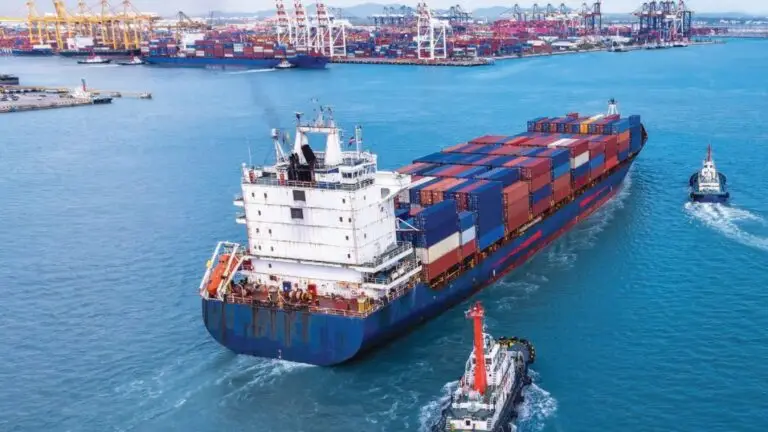At the Caribbean Maritime University’s Industry Conference, a fiery debate unfolded over the future of shipping in the region. The conversation turned on one central point: the Caribbean bears the environmental costs of global trade but sees little of the benefit.
Former Trinidad and Tobago transport minister Devant Maharaj challenged the status quo, urging leaders to consider a “blue tax” on ships that dock in the region’s ports. His argument was blunt: massive cruise liners profit while Caribbean waters absorb the sewage and garbage they leave behind. By his count, hundreds of thousands of tonnes of waste are discharged weekly into regional waters. Maharaj argued that only a collective Caricom-managed fund, not individual island treasuries, could ensure that revenues directly protect marine ecosystems instead of being absorbed into local budgets.
The proposal sparked broader questions about the Caribbean’s leverage in global trade. Logistics strategist Dr. Eric Deans reminded delegates that the region accounts for nearly a fifth of the world’s registered shipping tonnage through flags of convenience. In his view, Caribbean states fail to appreciate the power this gives them to set sustainability rules. But he cautioned that the region continues to dilute its authority by outsourcing port control to foreign operators, often leaving local economies sidelined.
That tension between foreign ownership and local stewardship was echoed by academic voices. Radcliffe Spence of CMU pointed to Jamaica’s Kingston Freeport Terminal contract, which, he noted, lacked sustainability clauses. For him, this typified how profit-sharing takes precedence over environmental responsibility. By contrast, ports in Barbados and Antigua have integrated renewable energy solutions, positioning themselves as models of how sustainability can be aligned with infrastructure development.
Private sector perspectives added another dimension. Valerie Campbell of Campari Group Jamaica described how her company embeds sustainability into its procurement and shipping policies, refusing to work with partners that neglect environmental and social responsibilities. With J Wray & Nephew shipping to over 40 countries, she stressed that large exporters can use their influence to shift industry standards even when governments lag.
Still, the recurring theme was fragmentation. Speakers warned that without a unified Caribbean stance, international conventions such as the International Maritime Organization’s net-zero targets by 2050 will remain commitments on paper rather than tools of regional power. Maharaj pressed the point further, insisting that sustainability must extend beyond the environment to include economic self-sufficiency and independence from old colonial trade patterns.
The conference left one conclusion clear: the Caribbean is no passive participant in global shipping. It holds levers of power—control over ports, flags, and routes—but has yet to wield them as a united front. Whether through a blue tax or collective policy, the region’s next moves may determine whether it continues to be exploited by global trade or becomes a force reshaping its terms.

